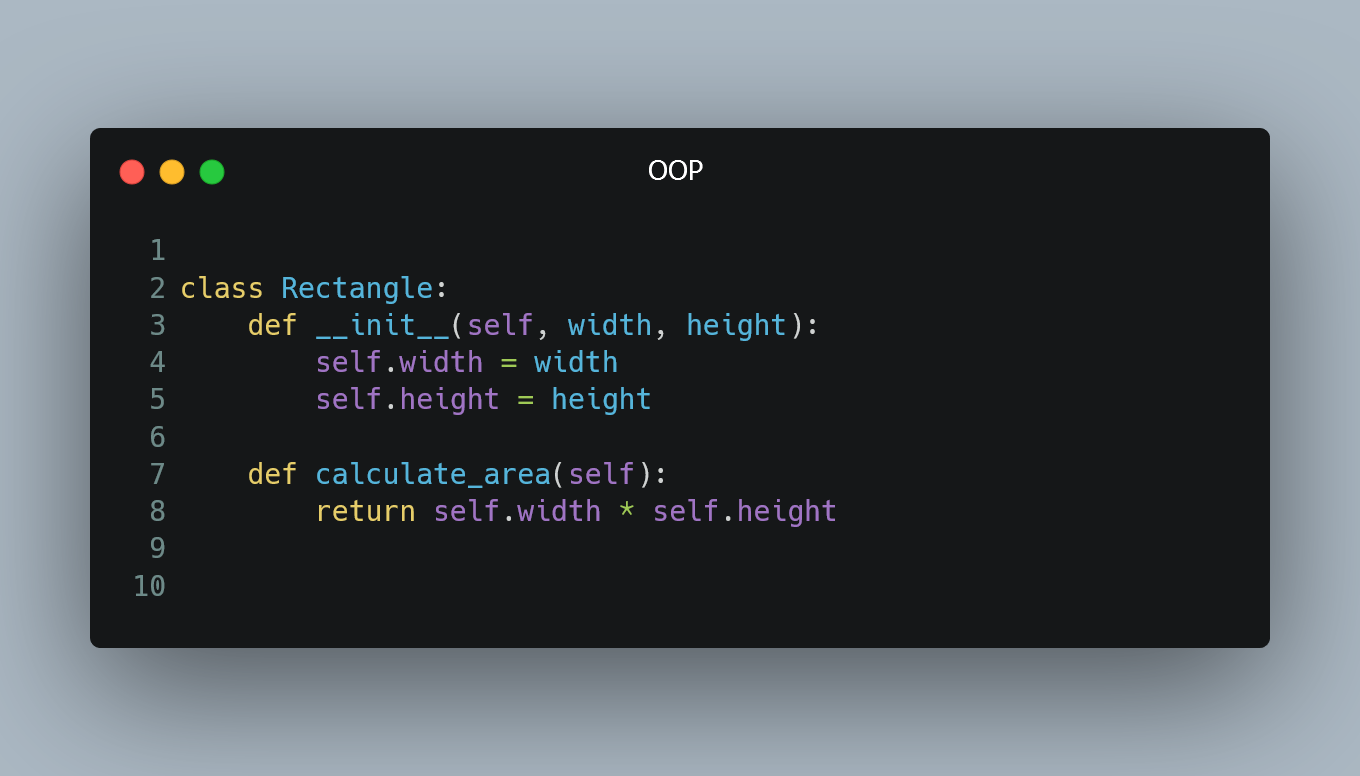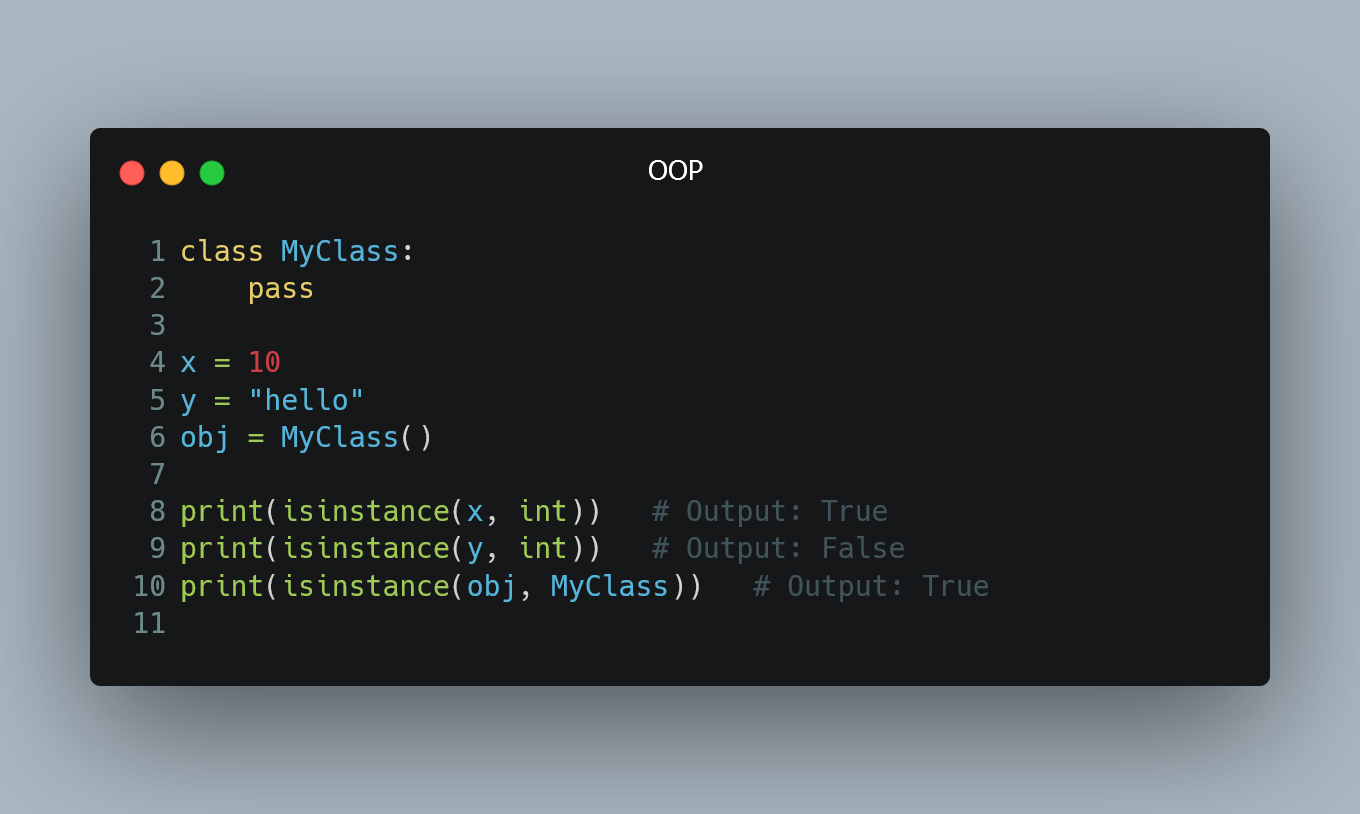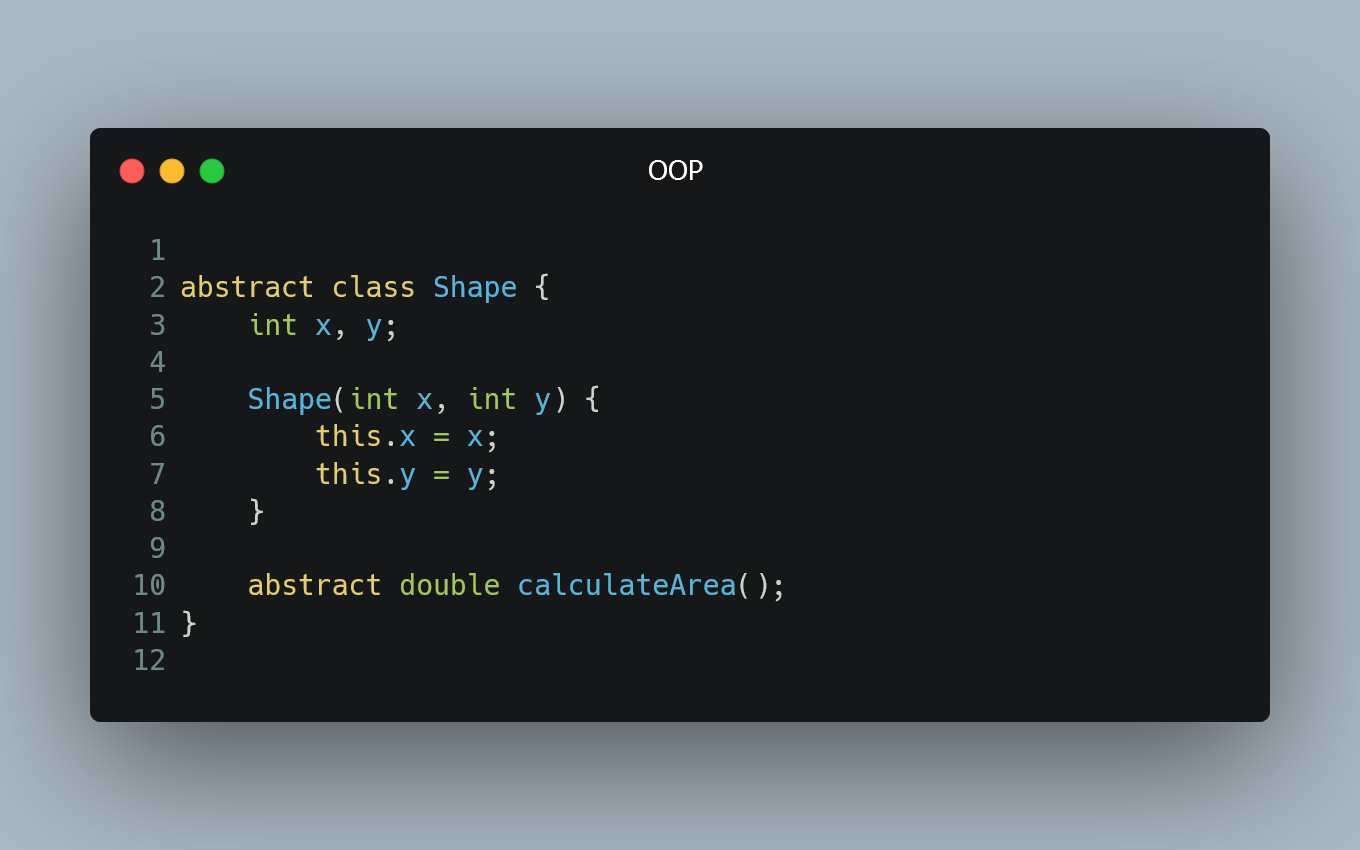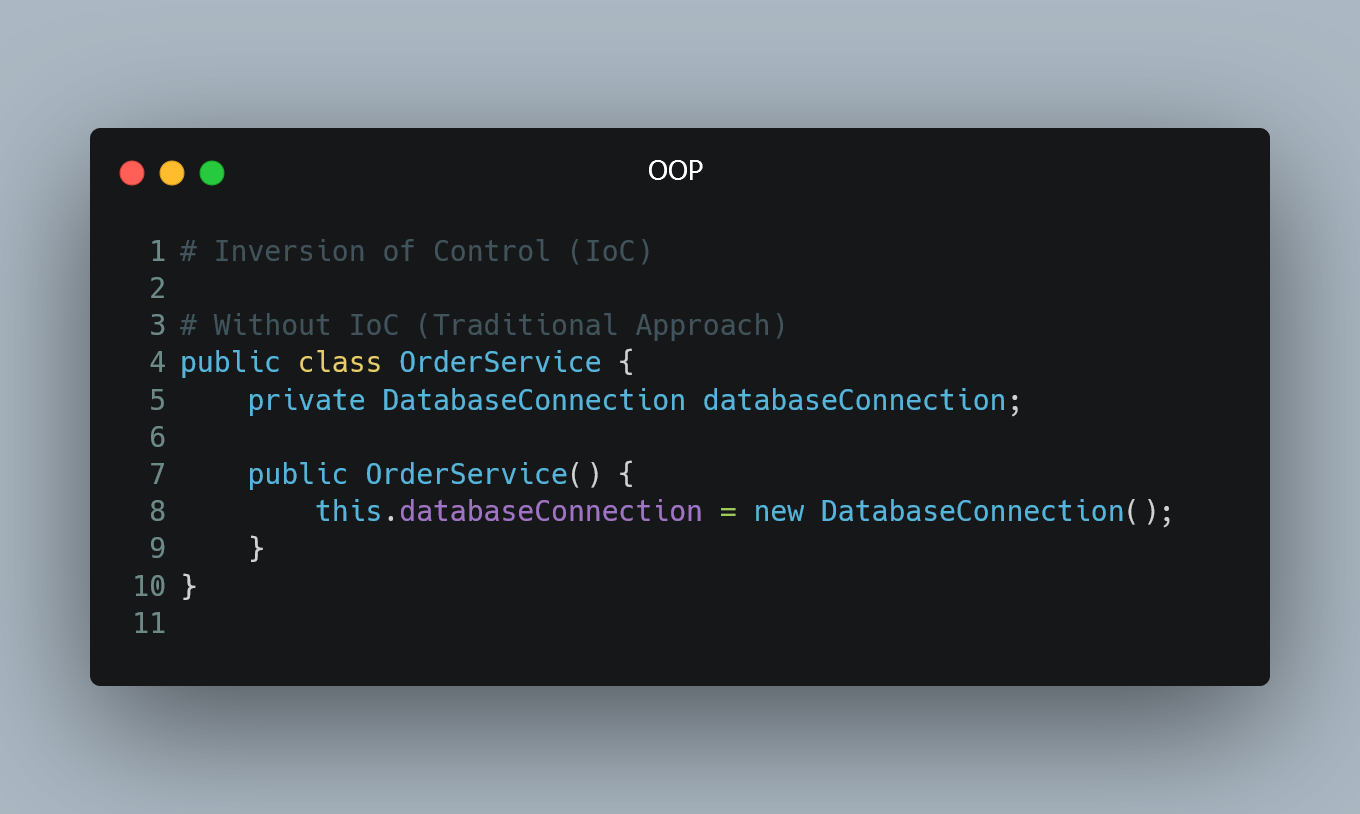
OOP
Paradigm in software development, organizing code around objects and classes, promoting reusability, modularity, and scalability for building complex and maintainable applications.
Created on
Oct 21, 2022
5
Posts
4
Followers
Difference between a Method and a Function
In programming, the terms "method" and "function" are often used to describe blocks of code that perform a specific task. While th...

Why Use Getters and Setters/Accessors?
In object-oriented programming (OOP), getters and setters (also known as accessors) are methods used to access and modify the private data members (at...
Differences between type and instance
In Python, both type() and instance() are used to check the type of an object. However, they have different functionalities and use cases.
type()
The...

Difference between an Interface and Abstract Class
In object-oriented programming (OOP), both interfaces and abstract classes are used as blueprints for creating classes with common characteristics.
Ab...

Inversion of Control (IoC)
In software development, Inversion of Control (IoC) is a design principle that promotes decoupling and flexibility in code by shifting the control of...


